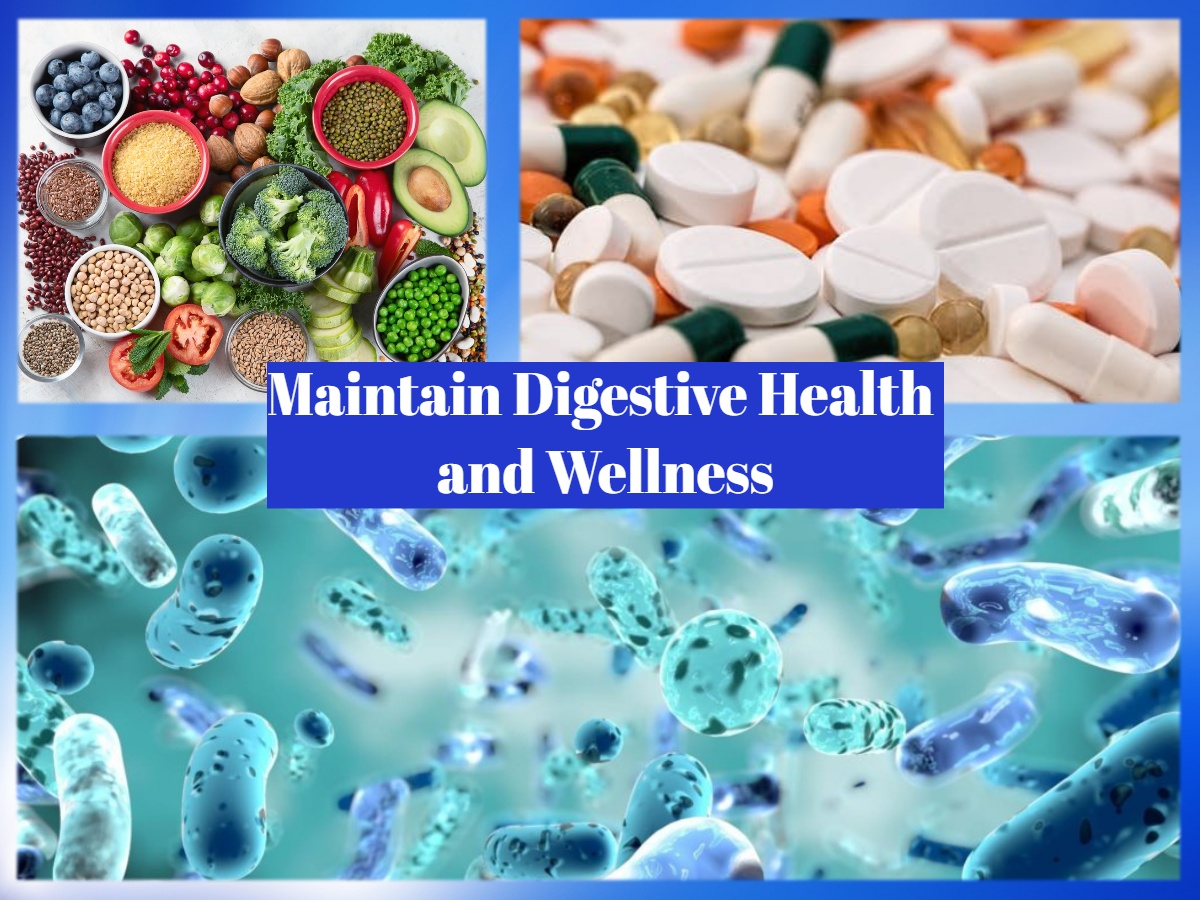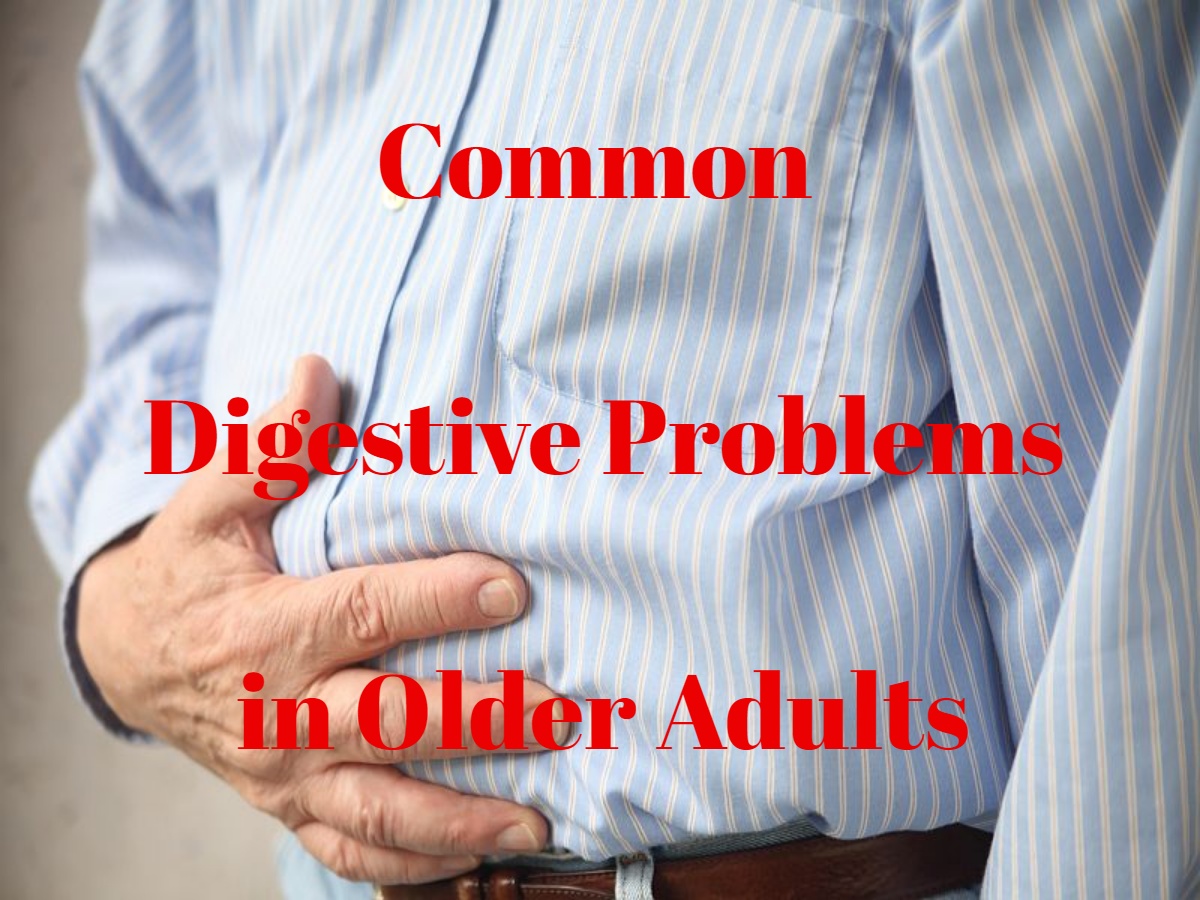Explore the intricate link between constipation and its psychological effects, including stress and anxiety. Discover holistic solutions to improve gut health and mental well-being.
Table of Contents
Introduction
Constipation, a common digestive issue, significantly impacts not just physical but also mental well-being. This article delves into the intricate relationship between constipation and psychological health, shedding light on stress, anxiety, and offering comprehensive solutions.
The Connection between Mind and Gut
The Gut-Brain Axis: A Two-Way Communication
At the heart of the mind-gut connection is the gut-brain axis, a bidirectional communication system involving neural, hormonal, and immunological signaling pathways. The enteric nervous system (ENS), sometimes called the “second brain,” consists of millions of neurons that govern the function of the gastrointestinal (GI) tract. It is through the ENS that the gut can communicate directly with the brain, and vice versa.
The Role of Microbiota
The human gut hosts a vast and diverse community of microorganisms, known as the gut microbiota, which plays a crucial role in this communication. These microorganisms can produce and respond to neurotransmitters and other signaling molecules, thereby influencing our emotions, pain perception, and stress levels. For example, a large proportion of the body’s serotonin, a neurotransmitter critical for mood regulation, is produced in the gut.
Psychological Stress and Gut Health
Psychological stress can have a profound impact on gut health, affecting everything from gut motility and sensitivity to the composition of the gut microbiota. Stress can exacerbate or trigger gastrointestinal disorders such as irritable bowel syndrome (IBS) and inflammatory bowel disease (IBD), illustrating how disturbances in the brain can affect gut function.
Conversely, gut health can influence mood and cognition. Imbalances in the gut microbiota have been linked to a range of mental health issues, including anxiety, depression, and autism spectrum disorder. This suggests that interventions aimed at restoring the balance of gut microbiota could potentially benefit mental health.
Implications for Treatment and Health
Understanding the connection between the mind and the gut opens new avenues for the treatment of both gastrointestinal and mental health disorders. Approaches such as dietary modifications, probiotics, and stress-reduction techniques like mindfulness and meditation have shown promise in improving both gut health and psychological well-being.
Moreover, this connection underscores the importance of adopting a holistic approach to health, recognizing that mental and physical health are deeply intertwined. Taking care of our gut health may be more important for overall well-being than previously thought, highlighting the need for dietary choices, lifestyle changes, and stress management strategies that support a healthy gut-brain axis.

Stress and Constipation
The Impact of Stress on the Digestive System
Stress triggers the body’s “fight or flight” response, a primal reaction that prepares the body to face or escape perceived threats. This response diverts blood flow away from the digestive system, slowing down gut motility and, in turn, often leading to constipation. Chronic stress exacerbates this effect, causing prolonged disturbances in digestive function.
How Stress Affects Gut Motility
Gut motility, the movement of food through the digestive tract, is controlled by the enteric nervous system (ENS), which is closely linked to the central nervous system. Stress can disrupt the normal functioning of the ENS, leading to slowed or irregular contractions of the gut muscles. This disruption is a key factor in stress-induced constipation, as it impedes the regular passage of stools.
The Role of Stress Hormones
Stress hormones, particularly cortisol, play a significant role in this process. Elevated levels of cortisol can alter the balance of gut flora, increase gut permeability (sometimes referred to as “leaky gut”), and decrease overall gut motility—all of which can contribute to the development of constipation.
Psychological Stress and Eating Habits
Stress also influences our eating habits and choices, which can indirectly affect bowel movements. People under stress may consume less fiber and drink less water, both of which are essential for regular bowel movements. Moreover, stress can lead to either reduced appetite or stress eating, further disrupting dietary routines that maintain healthy digestion.
Managing Stress to Alleviate Constipation
Recognizing the link between stress and constipation is the first step in addressing the issue. Stress management techniques such as mindfulness meditation, yoga, and regular exercise can help reduce stress levels and, as a result, mitigate its impact on the digestive system. Additionally, maintaining a balanced diet rich in fiber, staying hydrated, and establishing regular eating and exercise routines can help promote healthy gut motility.
The Importance of a Holistic Approach
Treating stress-induced constipation effectively requires a holistic approach that addresses both the psychological and physical aspects of health. Cognitive-behavioral therapy (CBT) and other forms of psychotherapy can be effective in managing chronic stress and anxiety, potentially reducing episodes of constipation. Integrative interventions, including stress management programs and dietary counseling, can also play a crucial role in alleviating symptoms and improving overall digestive health.
Anxiety and Constipation
The Vicious Cycle of Anxiety and Digestive Health
Anxiety can lead to various physical symptoms, including digestive issues like constipation. When anxious, the body’s fight or flight response is activated, leading to physiological changes that can disrupt normal digestive processes. This disruption often results in slowed digestion and can significantly contribute to constipation.
Conversely, experiencing constipation can heighten anxiety. The discomfort and potential embarrassment associated with constipation can lead to increased stress and worry, creating a vicious cycle that exacerbates both conditions.
How Anxiety Affects Gut Motility
Anxiety can alter gut motility, the process that moves food through the digestive tract. This can lead to an imbalance in gut motility, where the intestines either move too slowly (leading to constipation) or too quickly (leading to diarrhea). In the case of constipation, slowed gut motility means that waste moves through the intestines more slowly than normal, often resulting in hard, difficult-to-pass stools.
The Role of the Enteric Nervous System
The enteric nervous system (ENS), sometimes referred to as the “second brain,” plays a crucial role in managing the digestive process. Anxiety can disrupt the normal functioning of the ENS, leading to changes in digestive secretions and gut motility. This can directly contribute to symptoms of constipation.
Stress Hormones and Gut Health
The body’s response to anxiety includes the release of stress hormones such as cortisol and adrenaline. These hormones can negatively affect the gut microbiota and the integrity of the gastrointestinal barrier, further contributing to constipation. Chronic anxiety can lead to sustained levels of stress hormones, exacerbating gastrointestinal issues over time.
Managing Anxiety to Improve Digestive Health
Addressing anxiety is a critical step in managing constipation related to emotional stress. Techniques such as cognitive-behavioral therapy (CBT), mindfulness practices, and meditation have been shown to reduce anxiety levels, which can, in turn, help alleviate constipation. Regular physical activity is also beneficial, as it can help reduce anxiety and promote regular bowel movements.
Lifestyle and Dietary Changes
In addition to managing anxiety, making specific lifestyle and dietary changes can help relieve constipation. Increasing the intake of dietary fiber, ensuring adequate hydration, and establishing a regular exercise routine can improve digestive health and reduce the occurrence of constipation.
The Importance of Seeking Help
For those struggling with anxiety and constipation, seeking help from healthcare professionals is crucial. A multi-disciplinary approach, involving mental health specialists and gastroenterologists, can provide comprehensive treatment that addresses both the psychological and physical aspects of these conditions.

Solutions for a Healthier Mind-Gut Relationship
Diet and Lifestyle Changes
1. High-Fiber Diet: A diet rich in fiber supports healthy digestion and regular bowel movements. Incorporate a variety of fruits, vegetables, whole grains, and legumes into your meals to boost fiber intake.
2. Stay Hydrated: Adequate water intake is essential for softening stool and promoting smooth passage through the intestines. Aim for at least 8 glasses of water daily.
3. Probiotics: Consuming probiotic-rich foods like yogurt, kefir, and sauerkraut can help maintain a healthy balance of gut bacteria, which is crucial for both digestive health and mood regulation.
4. Regular Exercise: Physical activity stimulates the muscles in the gut, helping to facilitate bowel movements. Additionally, exercise is a proven stress-reliever and mood booster.
Professional Therapies and Interventions
1. Cognitive-Behavioral Therapy (CBT): CBT can be highly effective in managing stress, anxiety, and other mental health issues that can impact gut health. It helps in developing coping strategies and changing negative thought patterns.
2. Mindfulness and Meditation: These practices help reduce stress and anxiety by focusing on the present moment and fostering a sense of calm. Regular mindfulness practice can positively affect gut health by mitigating the impact of stress.
3. Consultation with a Nutritionist: A nutritionist can provide personalized dietary advice to address specific digestive issues, ensuring that dietary changes support both gut health and overall well-being.
Alternative Therapies
1. Yoga: Yoga combines physical postures, breathing exercises, and meditation to reduce stress and improve physical health. Certain poses are particularly beneficial for stimulating the digestive system.
2. Acupuncture: This traditional Chinese medicine technique involves inserting thin needles into specific points on the body. Acupuncture can help relieve stress and has been used to treat various digestive issues.
3. Massage Therapy: Massage can reduce stress and anxiety levels. While general massage therapy is beneficial for overall relaxation, specific techniques can target the abdominal area to improve digestion.
Building a Supportive Environment
1. Social Support: Maintaining strong relationships and having a support network can help manage stress and improve mental health, positively affecting gut health.
2. Sleep Hygiene: Good sleep is crucial for both mental and physical health. Establish a regular sleep schedule and create a restful environment to improve sleep quality.
3. Limiting Stimulants: Reducing the intake of caffeine and alcohol can help manage anxiety levels and prevent their negative impact on the digestive system.
In conclusion, fostering a healthier mind-gut relationship is a multifaceted process that involves dietary and lifestyle changes, professional therapies, and the consideration of alternative treatments. By taking a holistic approach that addresses both mental health and digestive function, you can enhance your overall well-being and navigate the complex interactions between your brain and gut with greater balance and harmony.

Personal Testimonies
Case Study 1: Sarah’s Journey with IBS and Anxiety
Sarah, a 30-year-old graphic designer, struggled with irritable bowel syndrome (IBS) and anxiety for years. Her symptoms of constipation and abdominal pain often triggered anxiety, which in turn exacerbated her digestive issues. Sarah began a multi-faceted approach to her condition, incorporating dietary changes, yoga, and mindfulness meditation into her daily routine. She also sought cognitive-behavioral therapy (CBT) to address her anxiety. Over time, Sarah noticed significant improvements in both her digestive health and anxiety levels. She emphasizes the importance of a holistic approach in managing the mind-gut connection.
Case Study 2: Mark’s Battle with Chronic Stress and Constipation
Mark, a 42-year-old teacher, experienced chronic constipation exacerbated by his high-stress job. Despite initial reluctance, he decided to prioritize his health and made significant lifestyle changes. Mark introduced regular exercise, specifically running and swimming, into his routine and adopted a high-fiber diet. He also attended stress management workshops that taught him techniques to cope with daily stressors. Mark’s efforts paid off, leading to more regular bowel movements and a noticeable decrease in his stress levels. He now advocates for the power of lifestyle changes in transforming health.
Case Study 3: Emily’s Path to Healing Through Alternative Therapies
Emily, a 27-year-old writer, suffered from periodic constipation and mild anxiety. After trying conventional treatments with limited success, Emily explored alternative therapies, including acupuncture and herbal supplements. She was skeptical at first but found that these treatments, combined with a balanced diet and regular exercise, significantly improved her symptoms. Emily’s story highlights the potential benefits of integrating alternative therapies with traditional treatments for a comprehensive approach to health.
Case Study 4: Alex’s Integration of Probiotics and Mental Health Care
Alex, a 35-year-old software developer, dealt with the frustrating cycle of anxiety leading to digestive issues, including constipation, which then increased his anxiety. After researching the gut-brain axis, Alex decided to incorporate probiotics into his diet and seek therapy for his anxiety. The combination of improving his gut health through probiotics and addressing his anxiety through therapy made a considerable difference in Alex’s life, offering him relief from both constipation and anxiety. Alex’s experience underscores the importance of addressing both gut health and mental well-being in overcoming such challenges.
Conclusion
Understanding the psychological effects of constipation and employing a holistic approach to treatment can significantly improve both mental and physical health. By addressing the root causes and symptoms through a combination of diet, lifestyle modifications, and professional help, individuals can find relief and improve their quality of life.
FAQs
- Can constipation cause anxiety, or is it the other way around?
- The relationship is bidirectional; both can influence each other.
- What dietary changes can help with constipation?
- Increasing fiber intake, staying hydrated, and eating probiotics can help.
- Are there any quick fixes for constipation-induced stress?
- While quick fixes are rare, mindfulness and relaxation techniques can offer immediate stress relief.
- How does physical activity influence gut health?
- Regular exercise stimulates gut motility, alleviating constipation.
- Is it necessary to consult a doctor for constipation?
- If constipation is chronic or accompanied by severe discomfort, it’s important to seek medical advice.










